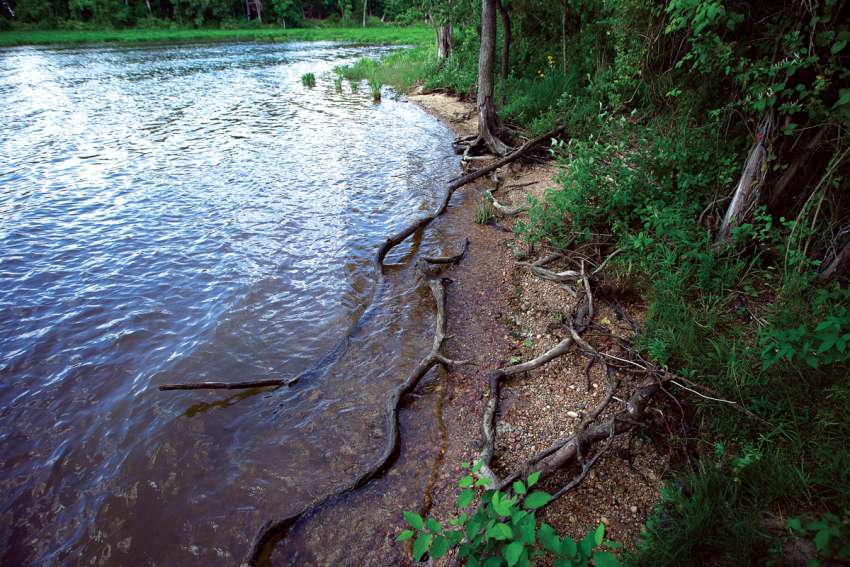It will surprise no one to learn that all the panelists were aligned on the importance of environmental sustainability, and the word “hope” featured in everyone’s comments. Every speaker addressed the responsibility we have towards our youth who despair both about a wounded world that we exploit and take for granted; and about the toxic space of social discourse that we inhabit, where we have become increasingly unable to communicate civilly.
What is most alarming about this deepening intolerance is that the crises the world is facing are of such large scale, and of such significant global proportions, that only unified action can solve them. So how do we tackle the challenge that threatens all of us if we are unable to walk the same path in the name of an ethical humanity? One answer is certainly that our faith communities must chart the path forward.
Every science fiction movie I have ever watched that tackles cataclysmic challenges has always pivoted on a threat of such global proportions that eventually everyone rallies together to tackle a catastrophic evil. In movies, it is only when the world is on the brink, about to be invaded by aliens, that all our differences are finally cast aside and we unite against the attacking force.
What astonishes me in the present day is that we are very close to this cataclysmic moment. We have seen the effects of climate change, for example, not just on distant island nations that are sinking beneath rising seas, but here in Canada where virtually every province is experiencing record wildfires. But for whatever reason, the world is not banding together to tackle the true challenges of the planet: environmental racism, endemic poverty, systemic injustice and so much more.
It is precisely because of this conflicted space that Pope Francis’ Laudato Si’ was and is such a welcomed document. Laudato Si’ is a cri de coeur, a cry from the heart, for humanity to value and protect our wounded planet. Pope Francis reminds us that faith must be at the heart of our commitment to defend the dignity of all peoples. It is our moral duty to champion an integral ecology that acknowledges the deep-seated racism of environmental degradation. Because no one can doubt that the poor are specifically targeted and punished by an immoral ecology, and that the poor disproportionately comprise racialized communities whose land is either under threat, stolen or destroyed.
Addressing this environmental racism, however, delivers a potential twist. Here is a scenario where caring for the other can also be selfishly beneficial. To celebrate the dignity of the human person is to raise all of us out of despair and risk. So ecological care is intimately connected to a profound humanism — which must begin with a championing of the marginalized and disenfranchised.
It stands to reason, therefore, that our focus must include the celebration of what Pope Francis called an integral ecology, and that it must be led by our faith communities working together to show how we can transform a divided, wounded world. As Pope Francis puts it in Laudato Si’, “It cannot be emphasized enough how everything is interconnected. Time and space are not independent of one another, and not even atoms or subatomic particles can be considered in isolation.”
So first and foremost, our faith communities need to come together to speak with one voice; and to inspire our youth above all, because they will be the custodians of whatever we leave behind. Faith communities are predicated on hope, and so no matter the size of the challenge, we know our God believes in us, and so there is no reason to despair. Through hope, we must rally to protect the most vulnerable, and we must do everything we can to educate our youth so that they understand without the shadow of a doubt that this faith journey is a prayer of consequential importance.
(Turcotte is President and Vice-Chancellor at St. Mark’s and Corpus Christi College, University of British Columbia.)


